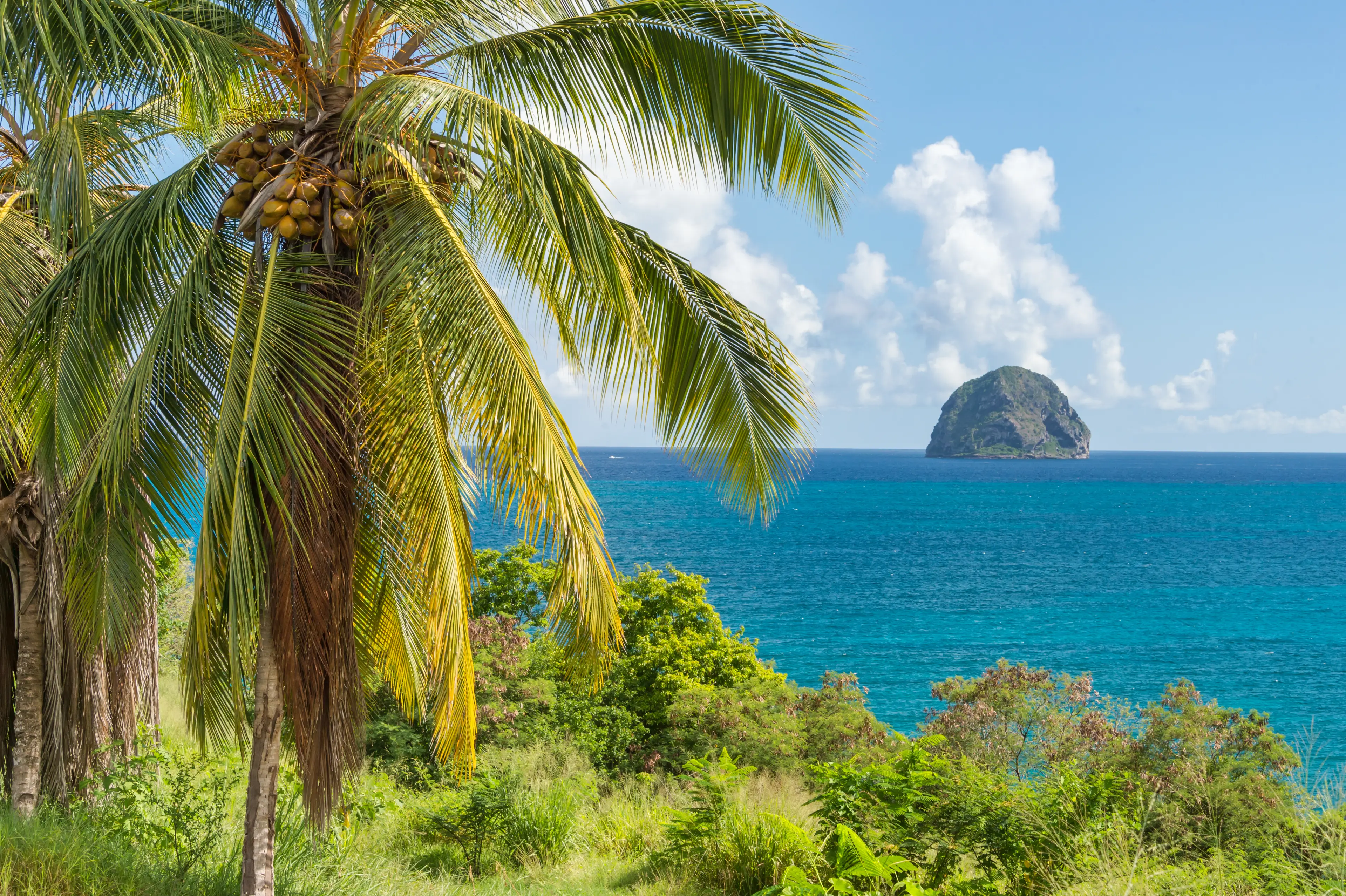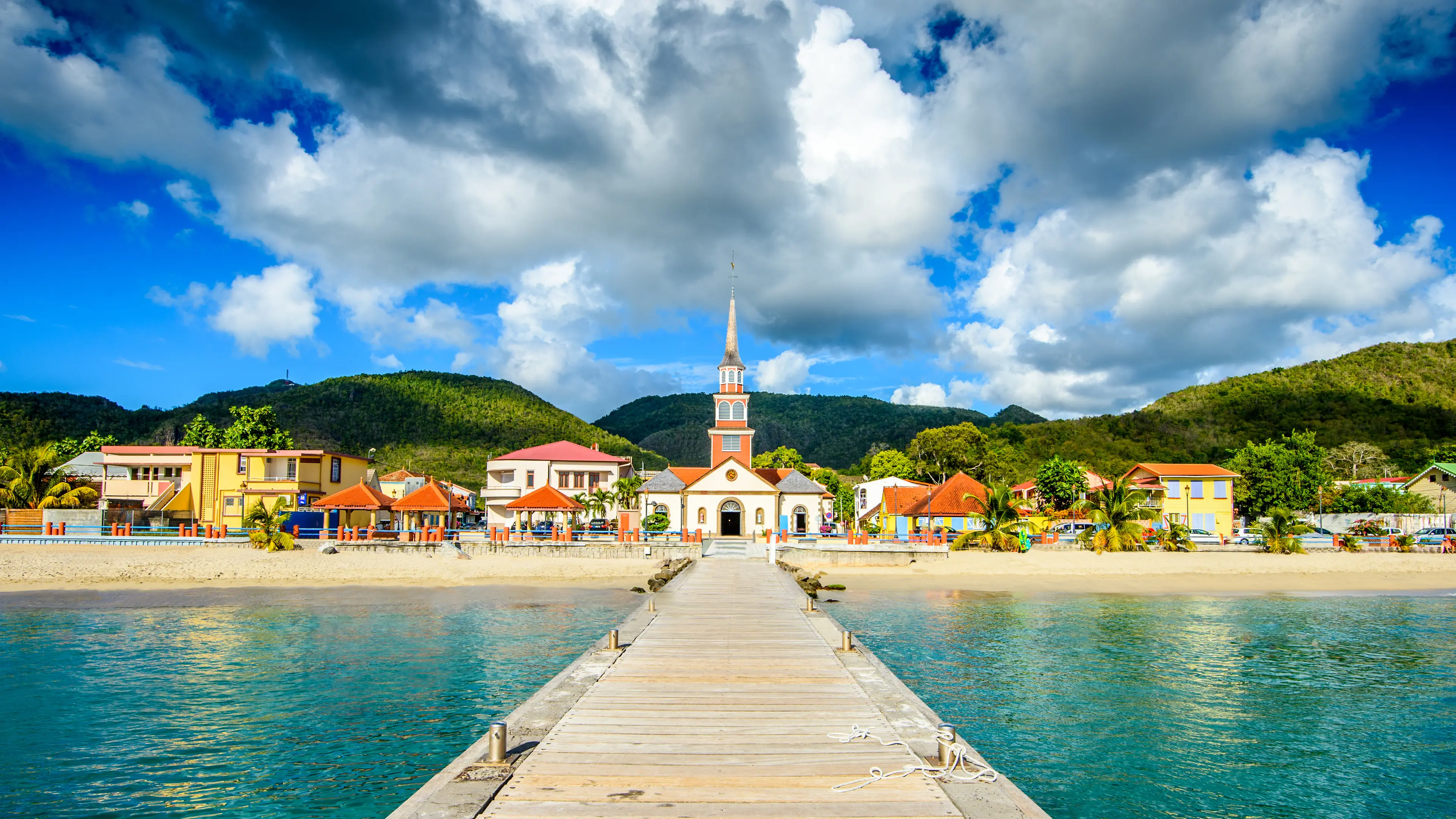6-Day Relaxing and Sightseeing Adventure with Friends in Martinique
Martinique, Caribbean
6 days
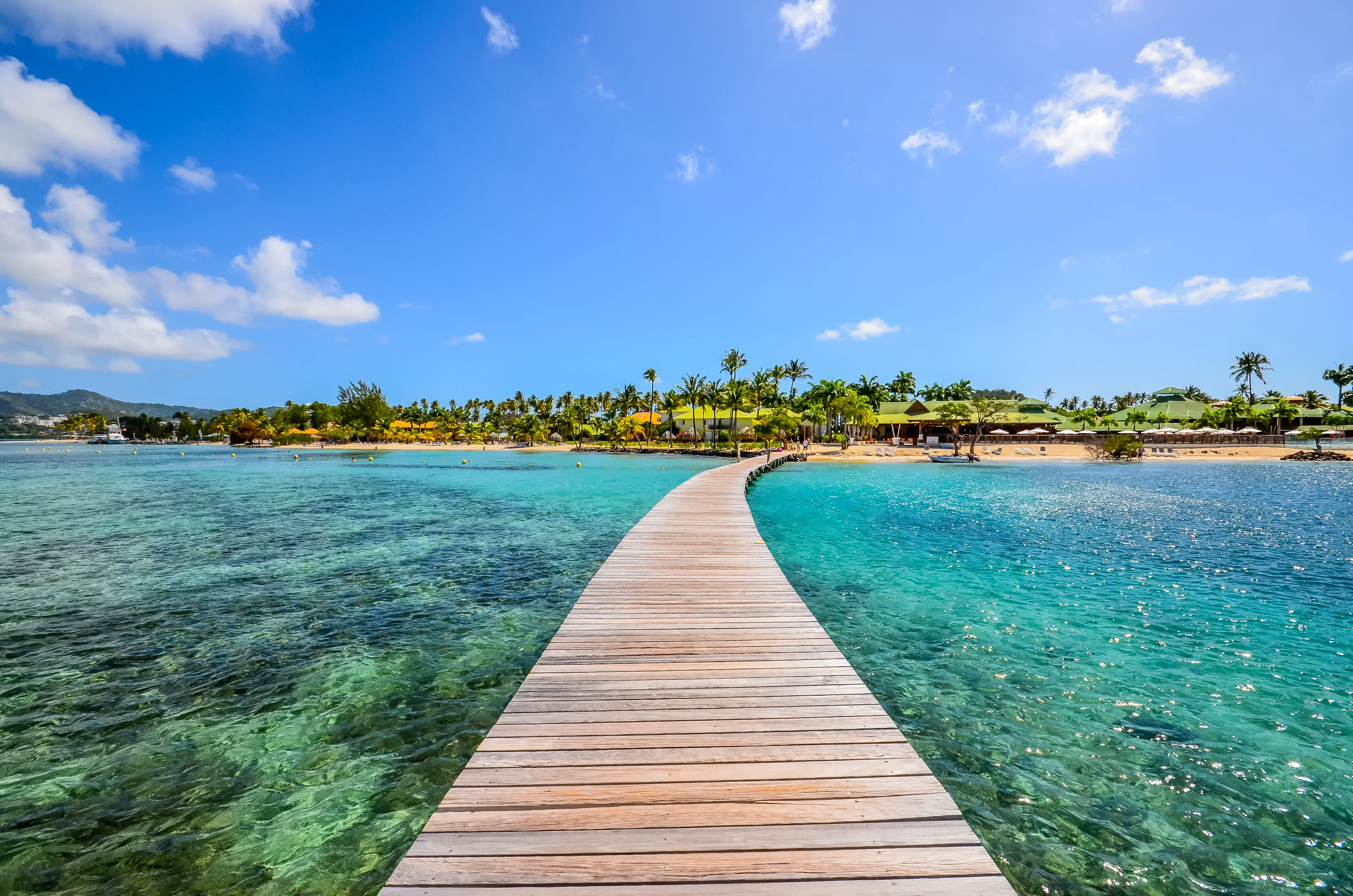
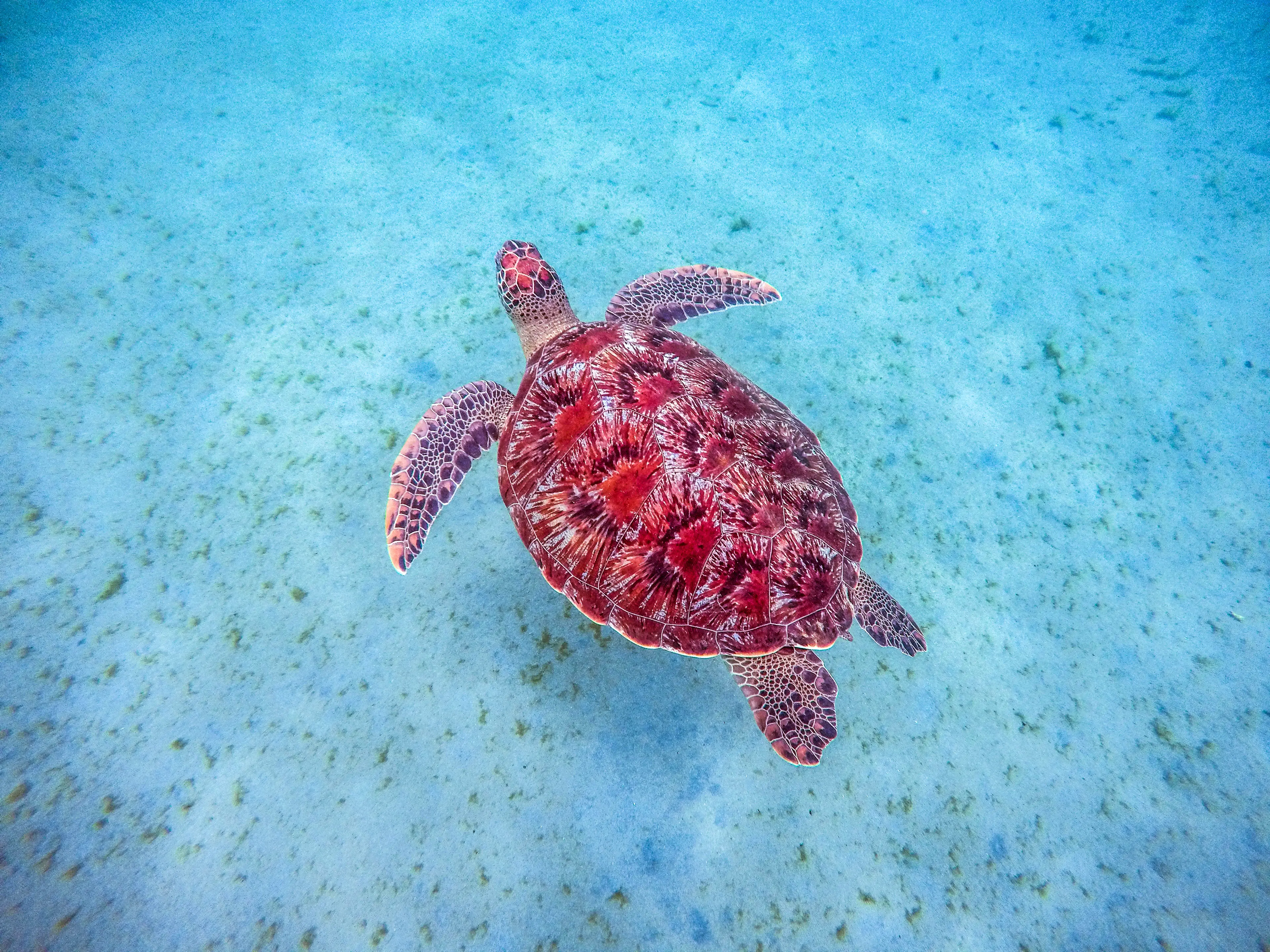
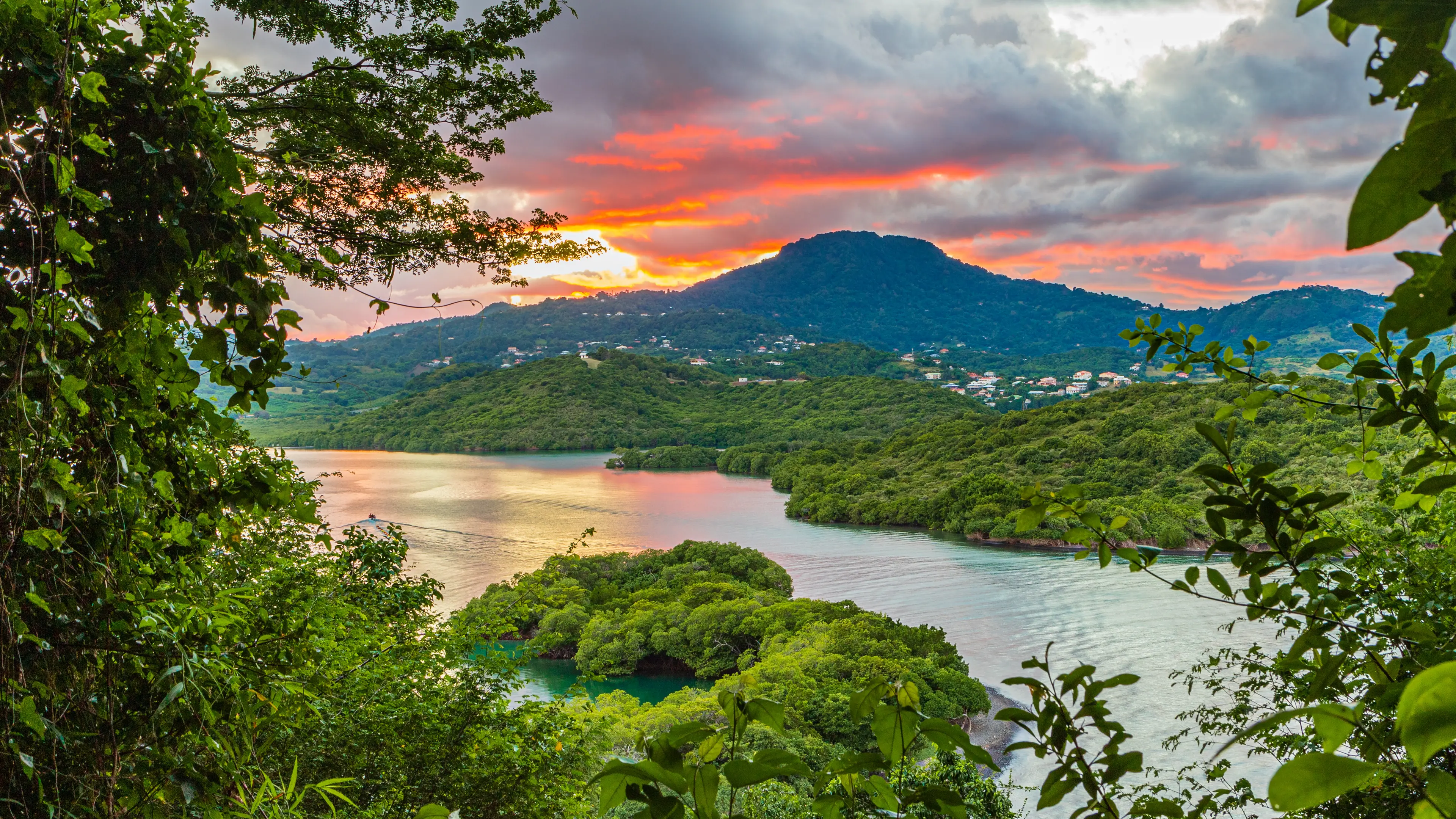
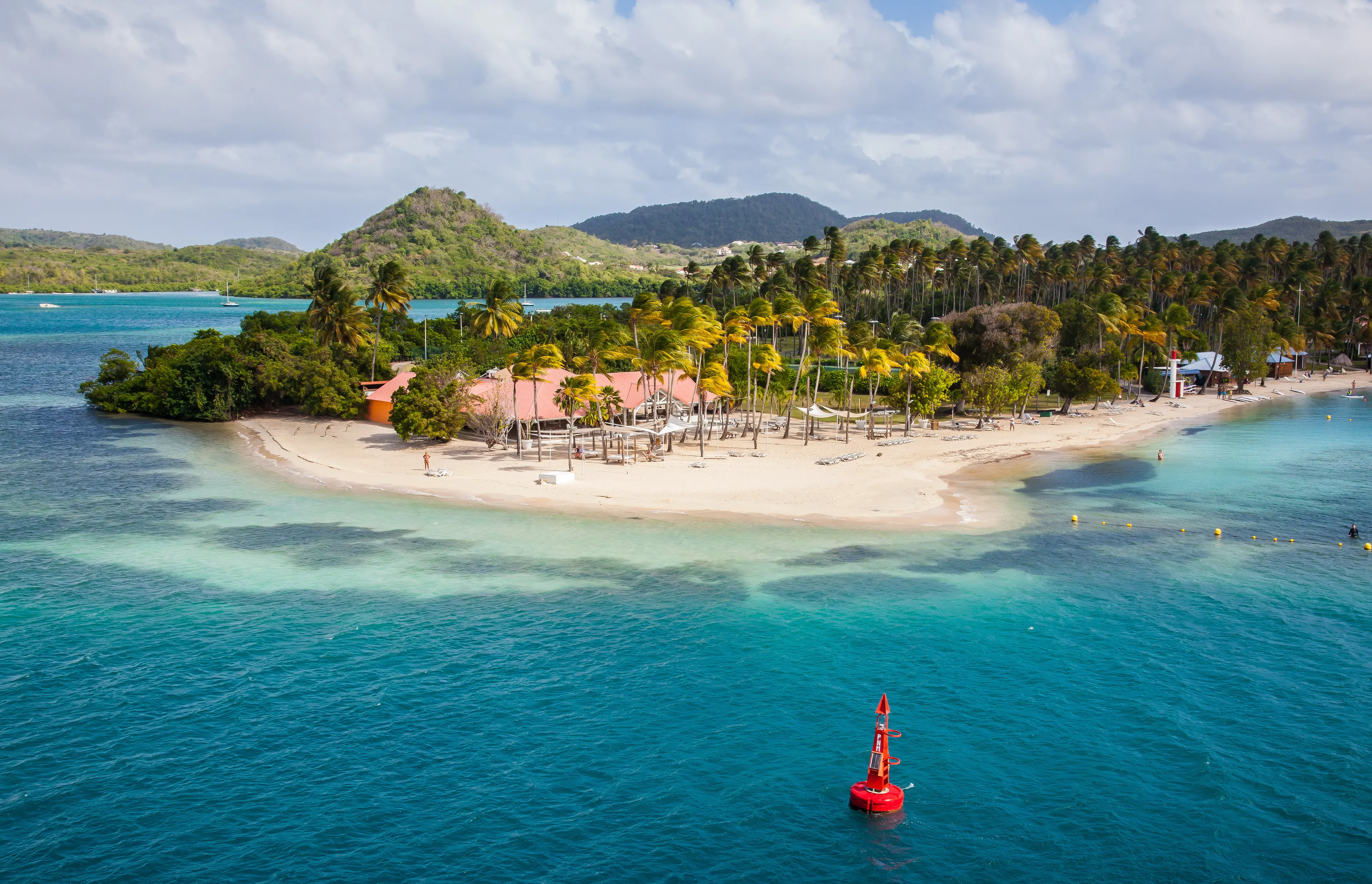
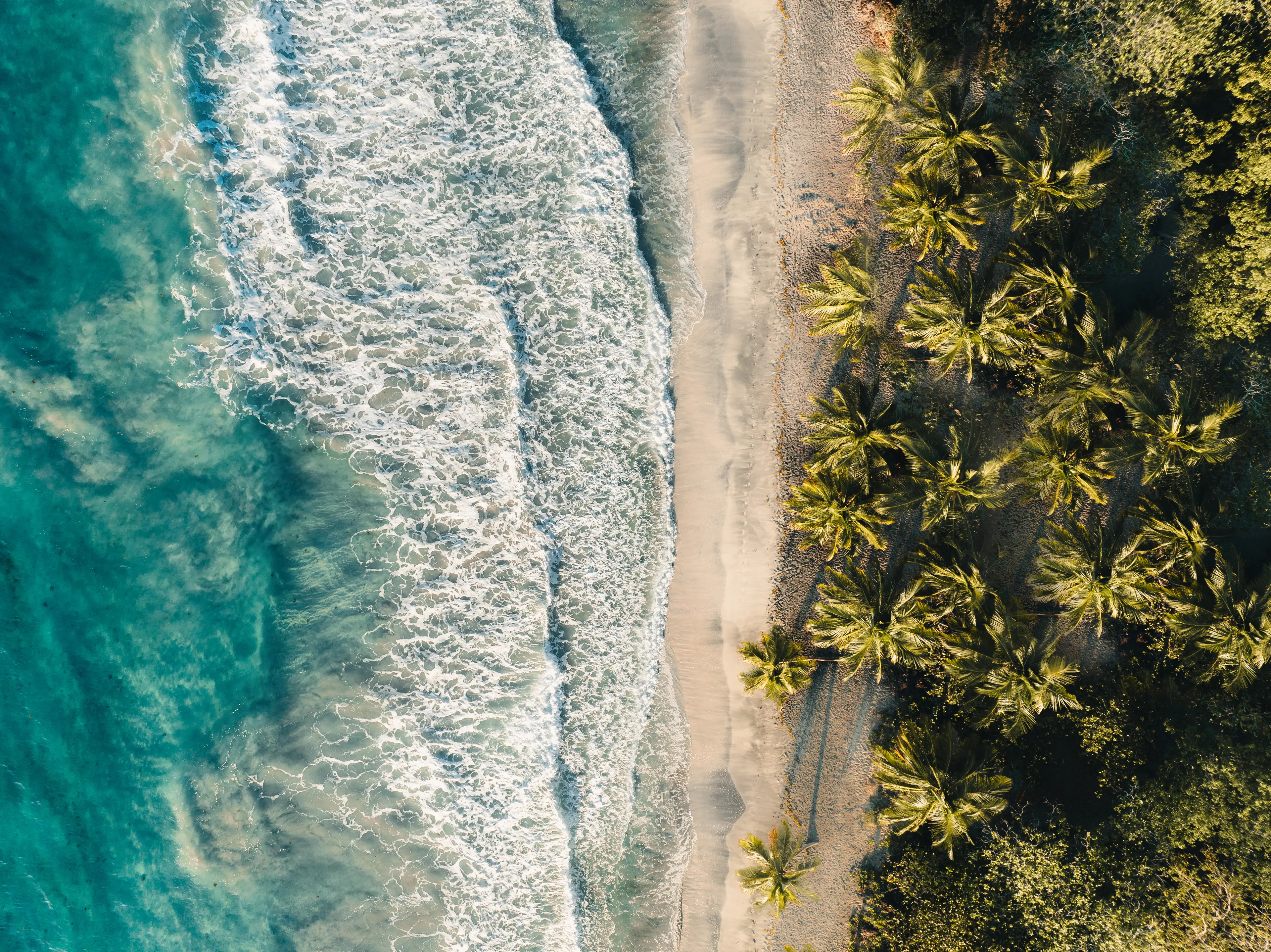
About Martinique, Caribbean
Discover the enchanting island of Martinique, a hidden gem in the Caribbean. Known for its vibrant culture, Martinique offers a unique blend of French and West Indian influences. Explore the bustling capital, Fort-de-France, with its colonial architecture, lively markets, and the iconic Saint Louis Cathedral. Venture into the lush rainforests, hike up the majestic Mount Pelée, or relax on the pristine beaches of Les Salines. Dive into the crystal-clear waters to explore the stunning coral reefs or sail along the picturesque coastline. Indulge in the local Creole cuisine, sip on world-class rum, and immerse yourself in the island's rich history and traditions. Martinique promises an unforgettable tropical escape.
6-Day Itinerary
Day 2
A Day in the Balata Gardens
Morning
Spend the morning at the Balata Gardens, a beautiful botanical garden with a wide variety of tropical plants.
Lunch
Have a picnic lunch in the gardens, surrounded by the lush greenery and exotic plants.
Afternoon
Visit the Sacré-Cœur de Balata, a replica of the famous Parisian church, located on a hill with stunning views of the island.
Dinner
Enjoy a relaxed dinner in a local restaurant, trying out more Creole specialties.
Evening
Take a night tour of the gardens, experiencing the magic of the tropical plants under the starlit sky.
Day 3
History and Culture in Saint-Pierre
Morning
Head to the town of Saint-Pierre, exploring the ruins of the old city destroyed by a volcanic eruption.
Lunch
Have lunch in a local restaurant, enjoying the stunning views of the Caribbean Sea.
Afternoon
Visit the Volcano Museum to learn more about the history of the Mount Pelée eruption. Then, take a boat tour to see the underwater statues at the Anse Cafard Slave Memorial.
Dinner
Dine in a restaurant with a view of the sea, enjoying the fresh catch of the day.
Evening
Relax on the beach, enjoying the peaceful evening and the sound of the waves.
Day 4
Beach and History in Le Diamant
Morning
Spend the morning at the Diamond Rock, a famous landmark and a great spot for snorkeling.
Lunch
Enjoy a beach picnic, with fresh fruits and local snacks.
Afternoon
Visit the House of Sugar, a museum dedicated to the history of sugar production on the island.
Dinner
Have dinner in a local restaurant, trying out the local rum-based cocktails.
Evening
Take a leisurely stroll along the beach, enjoying the cool evening breeze and the sound of the waves.
Day 5
Rum Tasting at Habitation Clément
Morning
Visit the Habitation Clément, a historic rum distillery with beautiful gardens.
Lunch
Have lunch in the distillery's restaurant, trying out the rum-infused dishes.
Afternoon
Take a tour of the distillery, learning about the rum-making process and tasting the different varieties.
Dinner
Enjoy a relaxed dinner in a local restaurant, trying out more Creole specialties.
Evening
Relax in your accommodation, reminiscing about the day's experiences.
Day 6
Relaxation at Salines Beach
Morning
Spend your last day at the Salines Beach, one of the most beautiful beaches on the island.
Lunch
Enjoy a beach picnic, with fresh fruits and local snacks.
Afternoon
Relax on the beach, soaking in the sun and the beautiful views of the Caribbean Sea.
Dinner
Have your farewell dinner in a beachfront restaurant, enjoying the sunset and the fresh seafood dishes.
Evening
Take a final stroll along the beach, saying goodbye to the beautiful island of Martinique.
Attractions in Itinerary (12)

1Fort-de-France
Fort-de-France is the capital of Martinique, known for its colorful architecture, vibrant markets, and lively cultural scene.

2Saint Louis Cathedral
This is a Roman Catholic cathedral, and a national monument of France, located in the capital city.

3Schoelcher Library
A library built in Paris and shipped piece by piece to Martinique in 1893. It's named after Victor Schoelcher, who advocated for the abolition of slavery.

4Balata Gardens
A beautiful garden located on the outskirts of Fort-de-France, home to over 3000 species of tropical plants.

5Sacré-Cœur de Balata
A replica of the famous Sacré-Cœur Basilica in Paris, located in a lush tropical garden.

6Saint-Pierre
Once known as the 'Paris of the Caribbean', this town was destroyed by a volcanic eruption in 1902 and has since been partially rebuilt.

7Volcano Museum
A museum dedicated to the study and understanding of volcanoes and their activities.
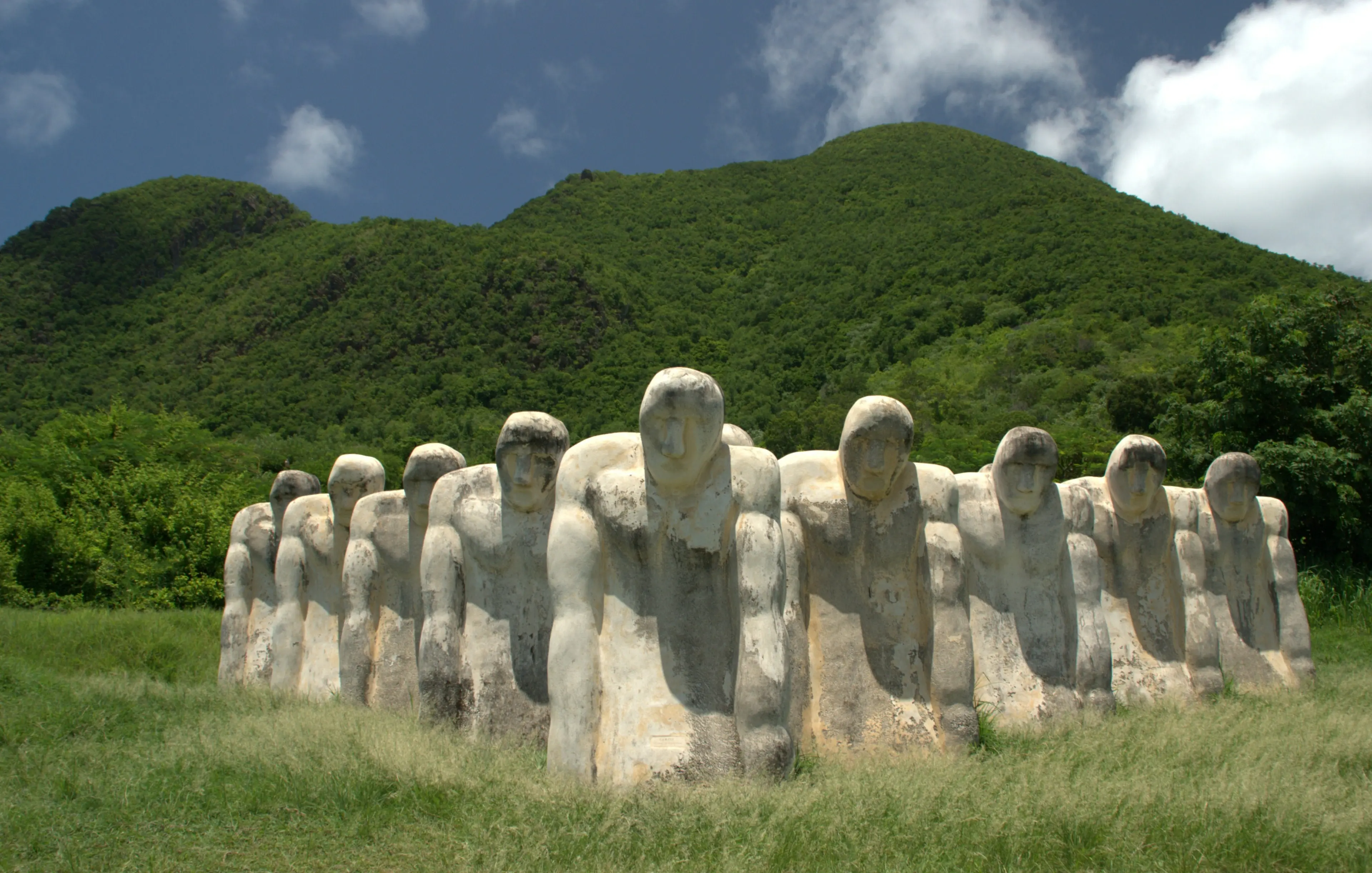
8Anse Cafard Slave Memorial
A memorial dedicated to the memory of a slave ship that wrecked off the coast in 1830.

9Diamond Rock
A volcanic mound in the sea that is a popular site for diving and snorkeling.

10House of Sugar
A museum dedicated to the history and production of sugar, a key industry in Martinique's history.

11Habitation Clément
Habitation Clément is a historic plantation and rum distillery that offers tours and tastings.

12Salines Beach
One of the most popular and beautiful beaches in Martinique, known for its white sand and clear waters.
Local Food and Drinks (8)

Colombo de Poulet
A popular dish in Martinique, Colombo de Poulet is a curry-like chicken dish made with a blend of spices, including coriander, cumin, and turmeric, brought to the island by Indian immigrants.

Accras de Morue
These are delicious codfish fritters, a staple in Martinique cuisine. They are often served as an appetizer or snack, and are a must-try for seafood lovers visiting the island.

Ti' Punch
Ti' Punch is a traditional Martinique cocktail made with white rum, lime, and cane syrup. It's a popular drink on the island and a must-try for visitors who enjoy alcoholic beverages.

Boudin Creole
A local version of blood sausage, Boudin Creole is a popular appetizer in Martinique. It's made with pork blood, rice, and a variety of spices, offering a unique flavor profile.

Crabes Farcis
Crabes Farcis, or stuffed crabs, are a popular seafood dish in Martinique. The crab shells are filled with a mixture of crab meat, bread crumbs, and spices, then baked until golden.

Blaff de Poissons
Blaff de Poissons is a traditional Martinique fish stew. It's made with fresh fish, lime, hot peppers, and a variety of herbs and spices, offering a flavorful and hearty meal.

Ragout d’Aubergine
A popular vegetarian dish in Martinique, Ragout d’Aubergine is a rich and flavorful eggplant stew. It's often served with rice for a satisfying meal.

Poisson Grillé
Poisson Grillé, or grilled fish, is a simple yet delicious dish in Martinique. It's often served with a side of rice and vegetables, and is a must-try for seafood lovers.
Best time to visit
The best time to visit Martinique, Caribbean is during the dry season, which runs from December to April. During this period, the weather is warm and pleasant, making it ideal for beach activities and exploring the island's natural beauty. Additionally, this is the time when Martinique hosts numerous festivals and events, offering tourists a chance to experience the local culture and traditions. However, it's also the peak tourist season, so it's advisable to book accommodations and activities in advance.
How to get around
Car Rental
Renting a car is one of the most popular ways to get around Martinique. The island has a well-developed network of roads, and car rental agencies are available at the airport and in major towns. This gives you the freedom to explore the island at your own pace. Remember to drive on the right side of the road.
Taxi
Taxis are readily available in Martinique, especially in the capital city of Fort-de-France. They are metered, but rates can be high, especially for longer distances. It's recommended to agree on a fare before starting your journey.
Public Bus
Martinique has a public bus system that serves most parts of the island. Buses are a cost-effective way to travel, but they can be less convenient as they often run on a limited schedule and may not reach some of the more remote tourist destinations.
Ferry
Ferries are a great way to travel between different parts of the island, especially if you're staying near the coast. There are regular ferry services between Fort-de-France and the popular beach towns of Trois-Ilets and Anses-d'Arlet.
Ridesharing
Ridesharing services, such as Uber, are not currently available in Martinique. However, there are local taxi apps that offer similar services. These can be a convenient way to arrange transport, especially if you're not comfortable negotiating fares in French.
Bicycle Rental
For the more active traveler, renting a bicycle can be a great way to explore Martinique. The island's diverse terrain offers a range of cycling opportunities, from leisurely coastal rides to more challenging mountain trails.
Hiking
Martinique's diverse landscape, from its beautiful beaches to its mountainous rainforests, makes it a great destination for hiking. There are numerous trails to explore, offering stunning views and the chance to see the island's unique flora and fauna.
Private Driver
For a more comfortable and personalized travel experience, you can hire a private driver. This can be arranged through your hotel or a local travel agency. This is a great option if you're planning to visit several places in one day, or if you prefer not to drive yourself.
Things to know about Martinique, Caribbean as a first time visitor
1
Martinique is a French territory, so the official language is French. However, many locals also speak Creole and English.
2
The currency used in Martinique is the Euro (€). Credit cards are widely accepted, but it's always a good idea to have some cash on hand.
3
Martinique has a tropical climate with average temperatures ranging from 75°F to 85°F (24°C to 29°C). It's warm all year round, but the rainy season is from June to November.
4
The island operates on Atlantic Standard Time (AST), which is four hours behind Coordinated Universal Time (UTC-4).
5
Martinique is known for its rum, which is considered some of the best in the world. Be sure to try some while you're there.
6
Driving is on the right side of the road in Martinique. If you plan to rent a car, an international driving permit is recommended.
7
The island has a 220-volt electrical system, so you may need a converter if your devices use a different voltage.
8
Tap water is safe to drink in Martinique, but bottled water is readily available if you prefer.
9
The island has a high standard of healthcare, but travel insurance is recommended for emergencies. Most doctors and hospitals expect payment in cash, regardless of whether you have travel health insurance.
10
Martinique is generally safe, but like anywhere, it's important to be aware of your surroundings and take basic safety precautions.
11
The dress code in Martinique is casual, but beachwear should be limited to the beach. When visiting religious sites, modest attire is required.
12
Tipping is not customary in Martinique as service charge is usually included in the bill. However, if the service was exceptional, feel free to leave a small tip.
13
Public transportation is available, but it's not very reliable. Renting a car is the best way to get around the island.
14
The island is home to many species of wildlife, including snakes and spiders. Always be cautious when exploring natural areas.
15
Martinique has strict laws against drug use and possession. Violations can result in heavy fines and imprisonment.
16
The island is prone to hurricanes and tropical storms, especially during the rainy season. Always check the weather forecast before your trip.
17
Martinique has a rich cultural heritage, with influences from Africa, Europe, and India. Respect local customs and traditions.
18
The island is known for its vibrant music and dance, particularly zouk and biguine. Don't miss the chance to experience a live performance.
19
Seafood is a staple in Martinique cuisine. Try local dishes like accras de morue (cod fritters) and blaff (poached fish).
20
Always protect yourself from the sun. The Caribbean sun can be intense, so wear a hat, sunglasses, and plenty of sunscreen.
Basic French to know as a first time visitor
English phrase | Native phrase | Pronunciation | When to use it |
|---|---|---|---|
Hello | Bonjour | bon-zhoor | Greeting someone |
Goodbye | Au revoir | oh-re-vwar | Saying goodbye |
Please | S'il vous plaît | see voo play | Making a request |
Thank you | Merci | mair-see | Expressing gratitude |
Yes | Oui | wee | Agreeing or confirming |
No | Non | non | Disagreeing or denying |
Excuse me | Excusez-moi | ex-koo-zay-mwa | Getting attention or apologizing |
I don't understand | Je ne comprends pas | zhuh nuh kom-prahn pah | When you don't understand something |
Do you speak English? | Parlez-vous anglais? | par-lay vooz ahn-glay | Asking if someone speaks English |
I'm sorry | Je suis désolé | zhuh swee day-zo-lay | Apologizing |
Where is...? | Où est...? | oo ay | Asking for directions |
Bathroom | Toilettes | twah-let | Looking for the bathroom |
Help | Aidez-moi | ed-mwa | In case of emergency |
Food | Nourriture | noo-ree-toor | Looking for food |
Water | Eau | oh | Asking for water |
Beer | Bière | byair | Ordering a beer |
Wine | Vin | van | Ordering wine |
Check, please | L'addition, s'il vous plaît | la-dee-syon, see voo play | Asking for the bill |
How much does it cost? | Combien ça coûte? | kom-byen sa koot | Asking for the price |
Good night | Bonne nuit | bon-nwee | Saying goodnight |
Packing List
Clothing
Lightweight clothing
Swimwear
Beach cover-up
Underwear
Socks
Sleepwear
Comfortable walking shoes
Flip flops
Hat for sun protection
Sunglasses
Light jacket or sweater for cooler evenings
Toiletries
Travel-sized shampoo and conditioner
Body wash or soap
Toothbrush and toothpaste
Deodorant
Razor and shaving cream
Sunscreen
Aftersun lotion or aloe vera
Insect repellent
Makeup and makeup remover
Personal hygiene items
Prescription medications
First aid kit
Travel documents and essentials
Passport
Driver's license or ID card
Credit and debit cards
Cash in local currency
Travel insurance documents
Hotel and car rental reservations
Emergency contact information
Electronics and gadgets
Smartphone
Charger for smartphone
Headphones
Camera
Charger for camera
Power adapter
Portable power bank
Miscellaneous items
Snacks for travel
Reusable water bottle
Books or e-reader for the beach
Travel pillow and blanket
Earplugs and eye mask
Beach bag
Beach towel
Travel-sized laundry detergent
Plastic bags for dirty clothes
Umbrella or rain jacket
Weather Conditions
When planning a trip to Martinique, it's important to consider the island's tropical climate. The weather is generally warm and humid throughout the year, with average temperatures ranging from 75°F to 85°F (24°C to 29°C). However, the island experiences a rainy season from June to November, which can sometimes bring heavy rainfall and even hurricanes. Therefore, if you prefer drier weather, it's best to plan your visit between December and May. Remember to pack lightweight, breathable clothing to stay comfortable in the heat. Sunscreen, hats, and sunglasses are also essential to protect yourself from the strong Caribbean sun. Despite the warm temperatures, it's also a good idea to bring a light jacket or sweater, as evenings can sometimes be cooler, especially in the mountainous regions. If you're planning on exploring the island's beautiful rainforests, be prepared for sudden rain showers, even outside of the rainy season. Waterproof clothing and footwear can be very useful in these conditions. Finally, keep an eye on the local weather forecasts during your stay, especially if you're visiting during hurricane season. This will help you plan your activities and ensure your safety during your trip to Martinique.
| Month | Hi / Lo (°C) | Weather Overview |
|---|---|---|
January | 30° / 20° | January is a popular month for tourists due to its warm temperatures and low rainfall. It's a great time for outdoor activities and beach visits. |
February | 30° / 20° | February continues the trend of warm, dry weather, making it an ideal time for sightseeing and exploring the island's natural beauty. |
March | 31° / 21° | March sees a slight increase in temperature, but remains relatively dry. It's a perfect time for hiking and exploring the island's flora and fauna. |
April | 32° / 22° | April is the start of the wet season, but rainfall is still relatively low. The island is lush and green, and the weather is ideal for water sports. |
May | 33° / 23° | May sees a significant increase in rainfall, but temperatures remain high. It's a great time to visit if you enjoy tropical storms and lush landscapes. |
June | 34° / 24° | June is the start of the hurricane season, but storms are still relatively rare. The weather is hot and humid, perfect for beach activities and water sports. |
July | 34° / 24° | July is in the middle of the hurricane season, but major storms are still relatively rare. The weather is hot and humid, making it a great time for snorkeling and diving. |
August | 34° / 24° | August is the peak of the hurricane season, so be prepared for potential storms. Despite this, the weather is typically hot and humid, perfect for relaxing on the beach. |
September | 34° / 24° | September continues the trend of hot, humid weather, with a high chance of hurricanes. It's a good time to visit if you're a fan of dramatic weather and storm watching. |
October | 33° / 23° | October sees a decrease in temperature and the end of the hurricane season. The weather is still warm and humid, making it a great time for outdoor activities. |
November | 32° / 22° | November is the start of the dry season, with lower temperatures and less rainfall. It's a perfect time for hiking and exploring the island's natural beauty. |
December | 31° / 21° | December is a popular month for tourists due to its warm temperatures and low rainfall. It's a great time for outdoor activities and beach visits. |
Did you know?
Places near by Martinique, Caribbean

Saint Lucia
A beautiful island nation known for its stunning beaches and the iconic Pitons mountains

Dominica
An island nation known for its lush mountainous rainforests, natural hot springs, and diving sites

Barbados
An island nation known for its beautiful beaches, British colonial architecture, and vibrant nightlife

Guadeloupe
An island group in the southern Caribbean Sea, known for its beautiful beaches, waterfalls, and the La Grande Soufrière volcano
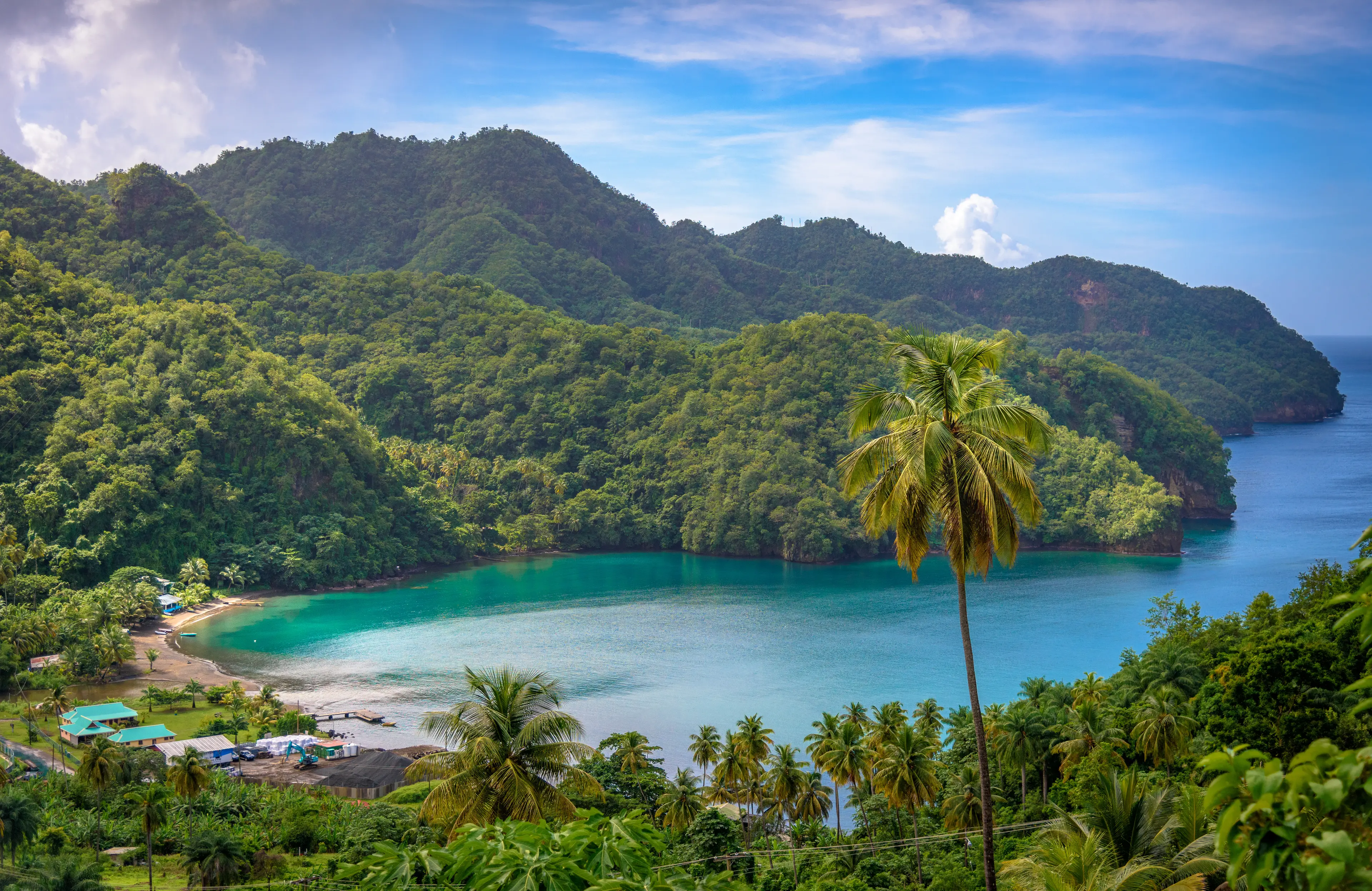
Saint Vincent and the Grenadines
A southern Caribbean nation comprising a main island, St. Vincent, and a chain of smaller islands, known for its major sailing destinations
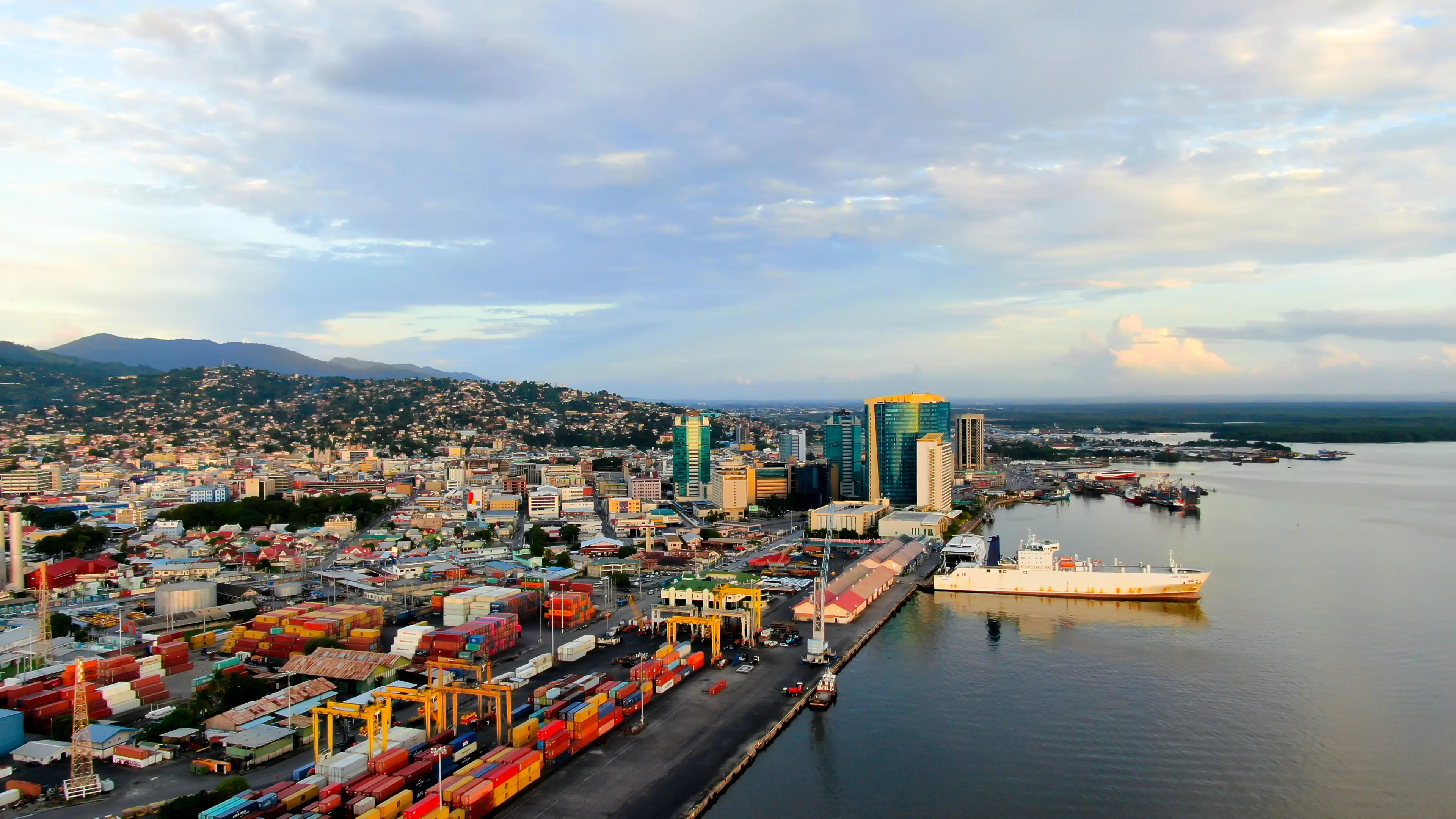
Trinidad and Tobago
A dual-island Caribbean nation near Venezuela, with distinctive Creole traditions and cuisines
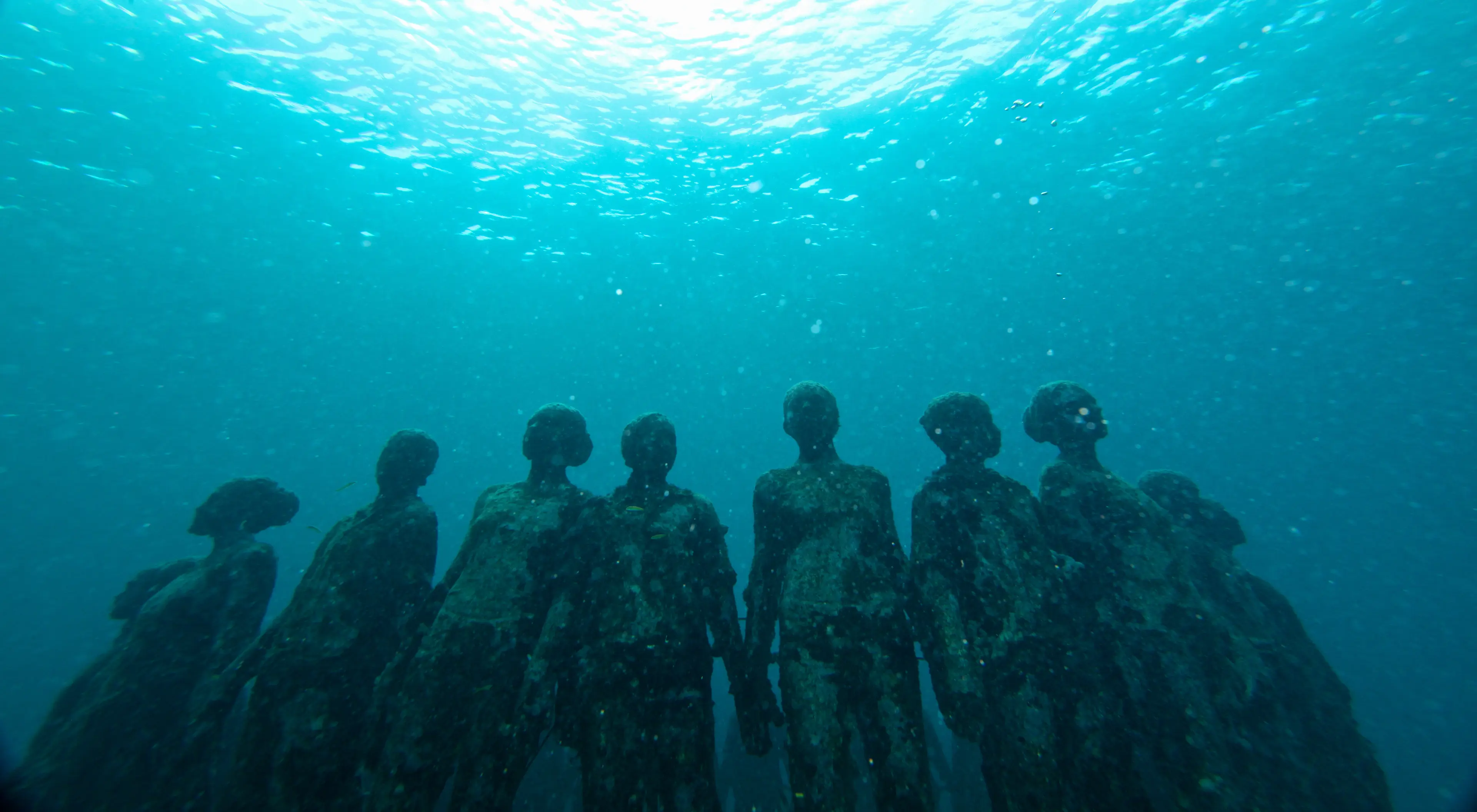
Grenada
Known as the 'Spice Isle', this Caribbean country is famous for its spices, beautiful beaches, and the underwater sculpture park
